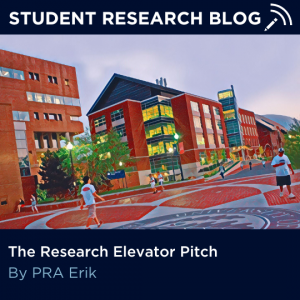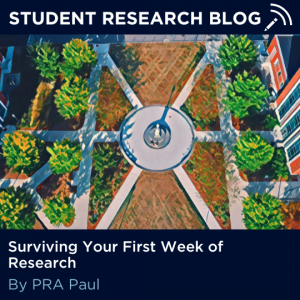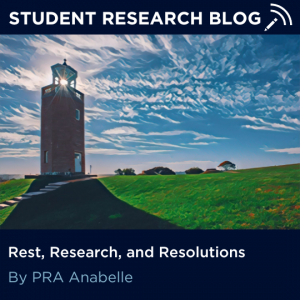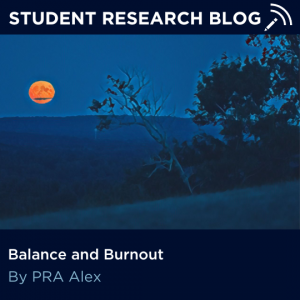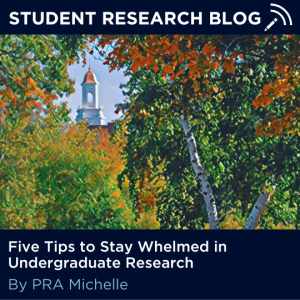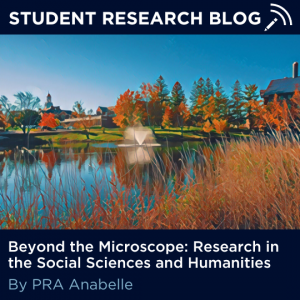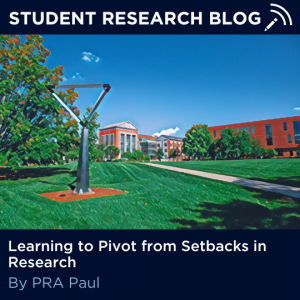By Alyssa Daniels, Peer Research Ambassador
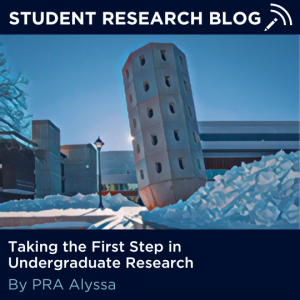 Are you an undergraduate student who wants to get started in research at UConn, but you aren’t sure how to take the first step? I know when I got to UConn, I was surrounded by students doing amazing research. I knew there were incredible opportunities on campus, but I didn’t know how to find them! It can be so frustrating figuring out how to take the first step! Here are some tips and tricks on how to get started:
Are you an undergraduate student who wants to get started in research at UConn, but you aren’t sure how to take the first step? I know when I got to UConn, I was surrounded by students doing amazing research. I knew there were incredible opportunities on campus, but I didn’t know how to find them! It can be so frustrating figuring out how to take the first step! Here are some tips and tricks on how to get started:
Faculty Bios on Department Websites
This is a pretty straightforward way to get started on your research journey! All you have to do is google your department of interest (e.g., Psychology) and “UConn.” Then go to “people,” then “faculty directory.” Boom! You have a whole list of names, faces, and their current/previous work right at your fingertips. I highly recommend exploring these department pages as this is a wonderful way to get to know the faculty here at UConn in your subject area of interest. Read their bios and get familiar with their work. I’d even recommend googling them to learn more about the research they do! Then, make a list of whose work interests you. The faculty members will almost always have an email address listed. I recommend reaching out! Check out our “email etiquette” section on the Office of Undergraduate Research website for recommendations when emailing faculty. Continue reading
